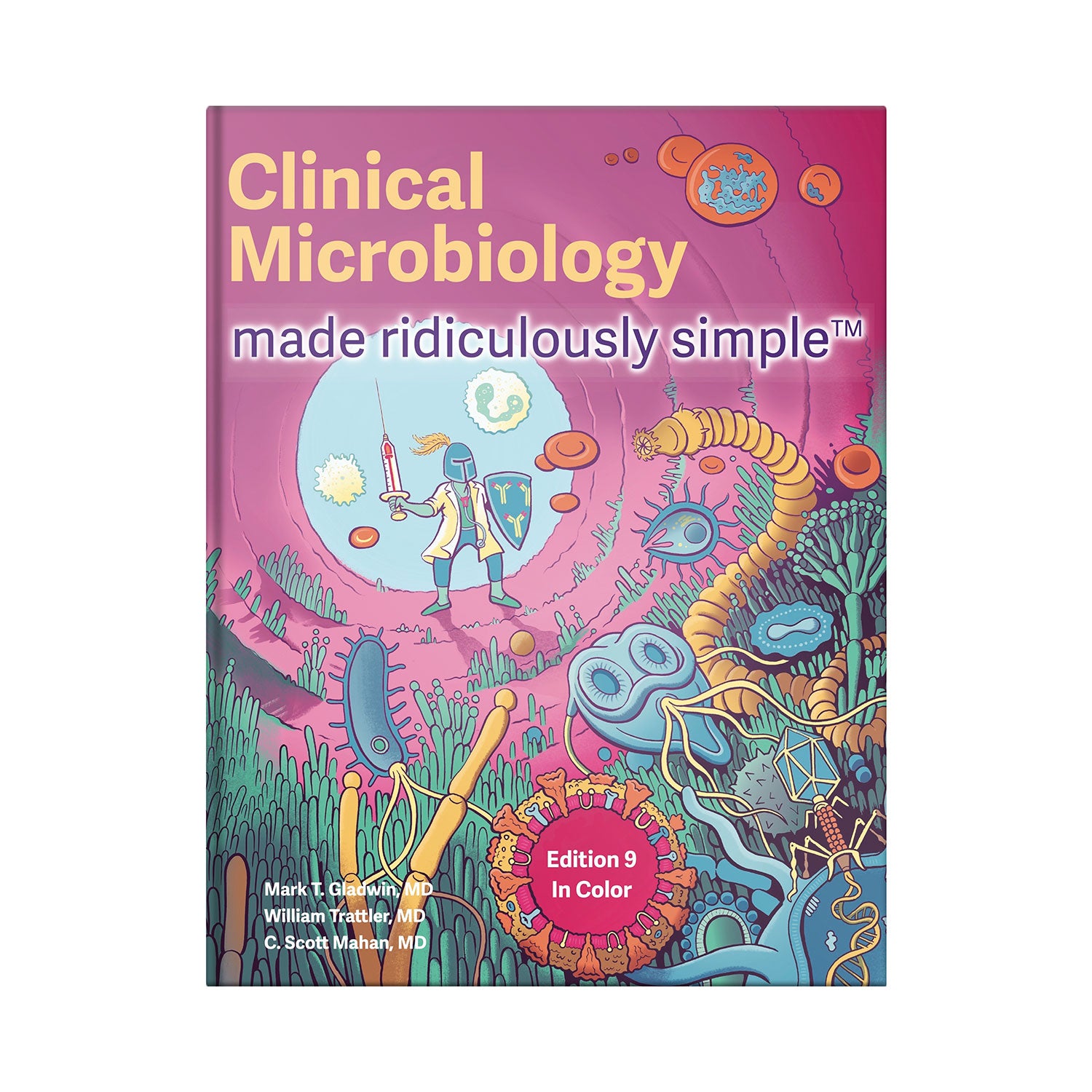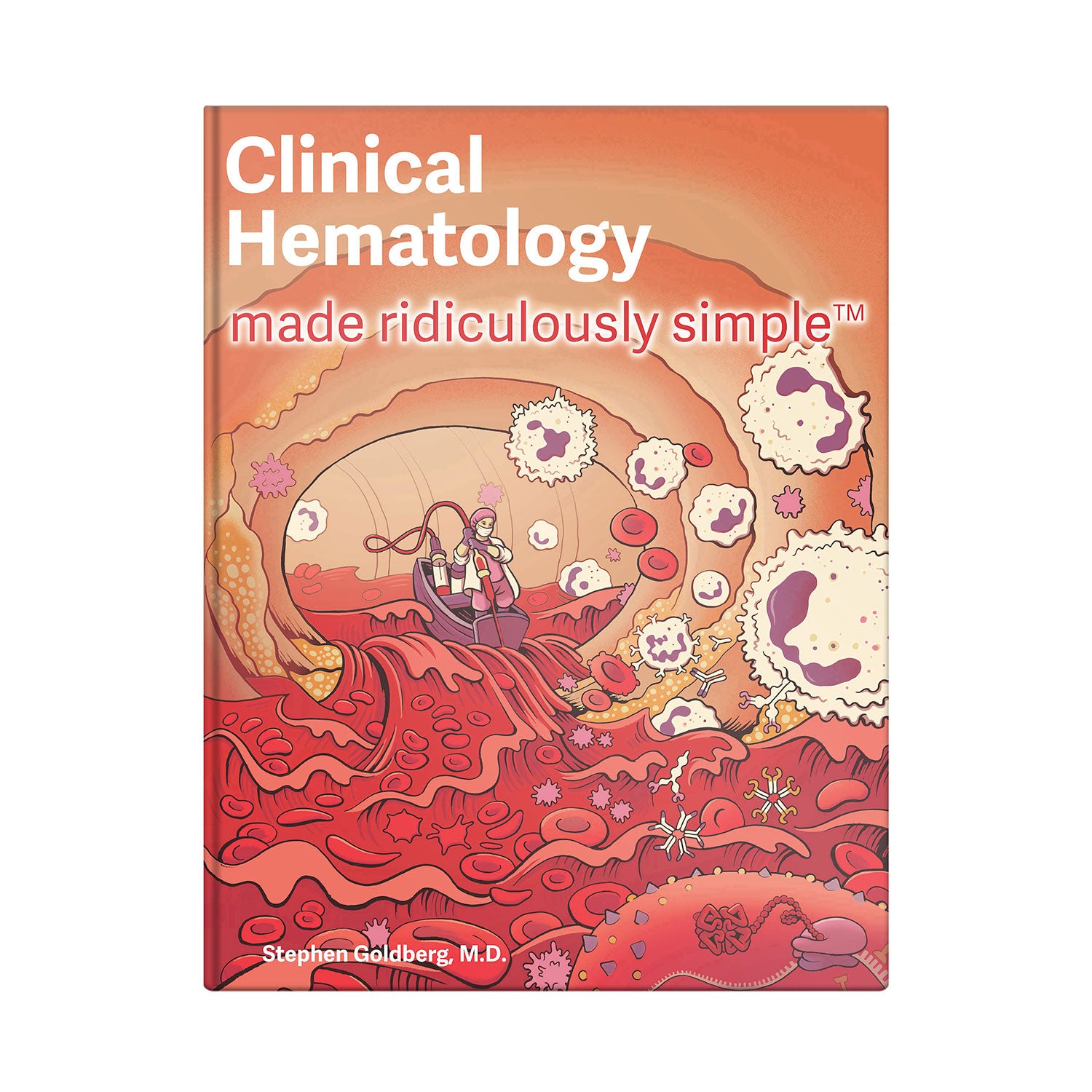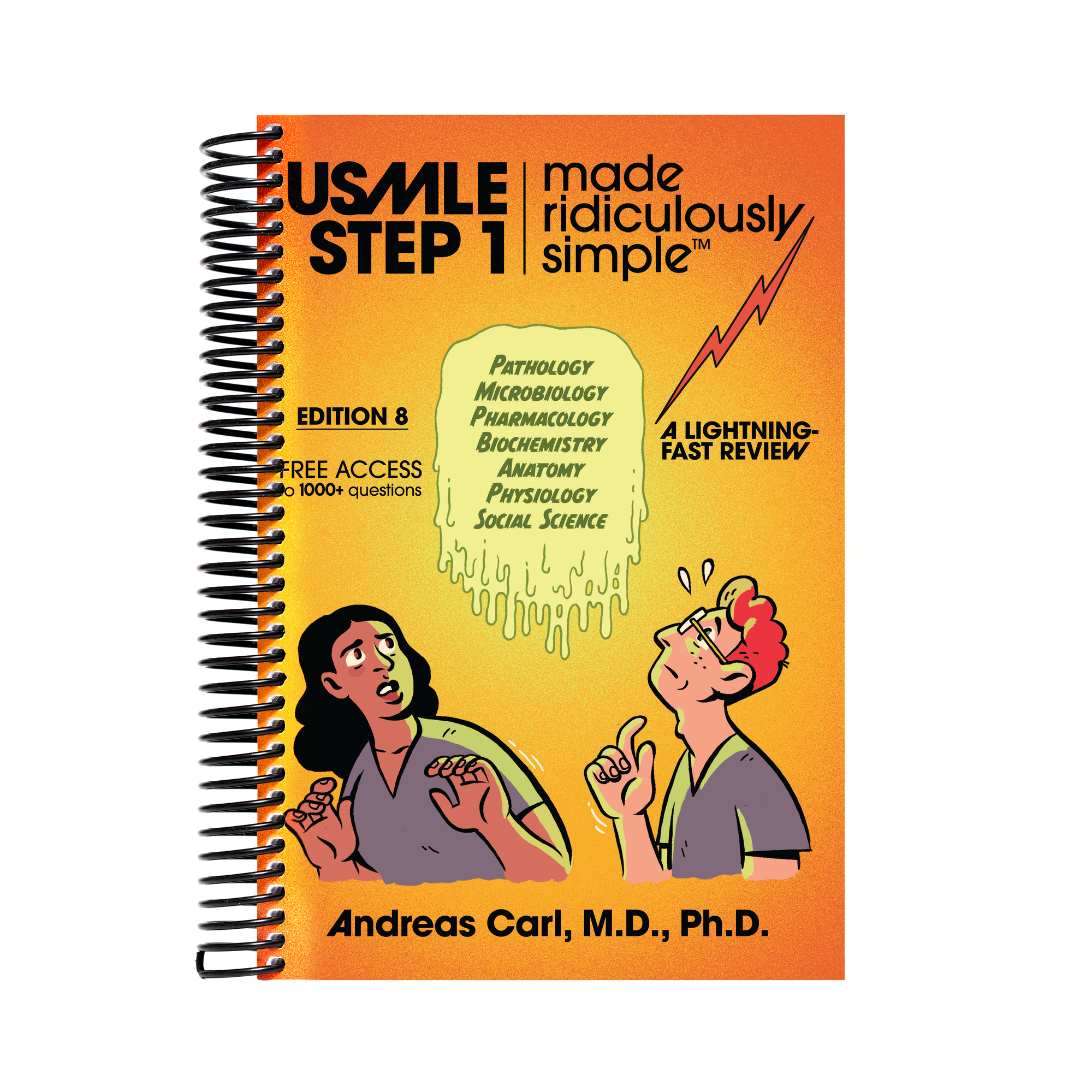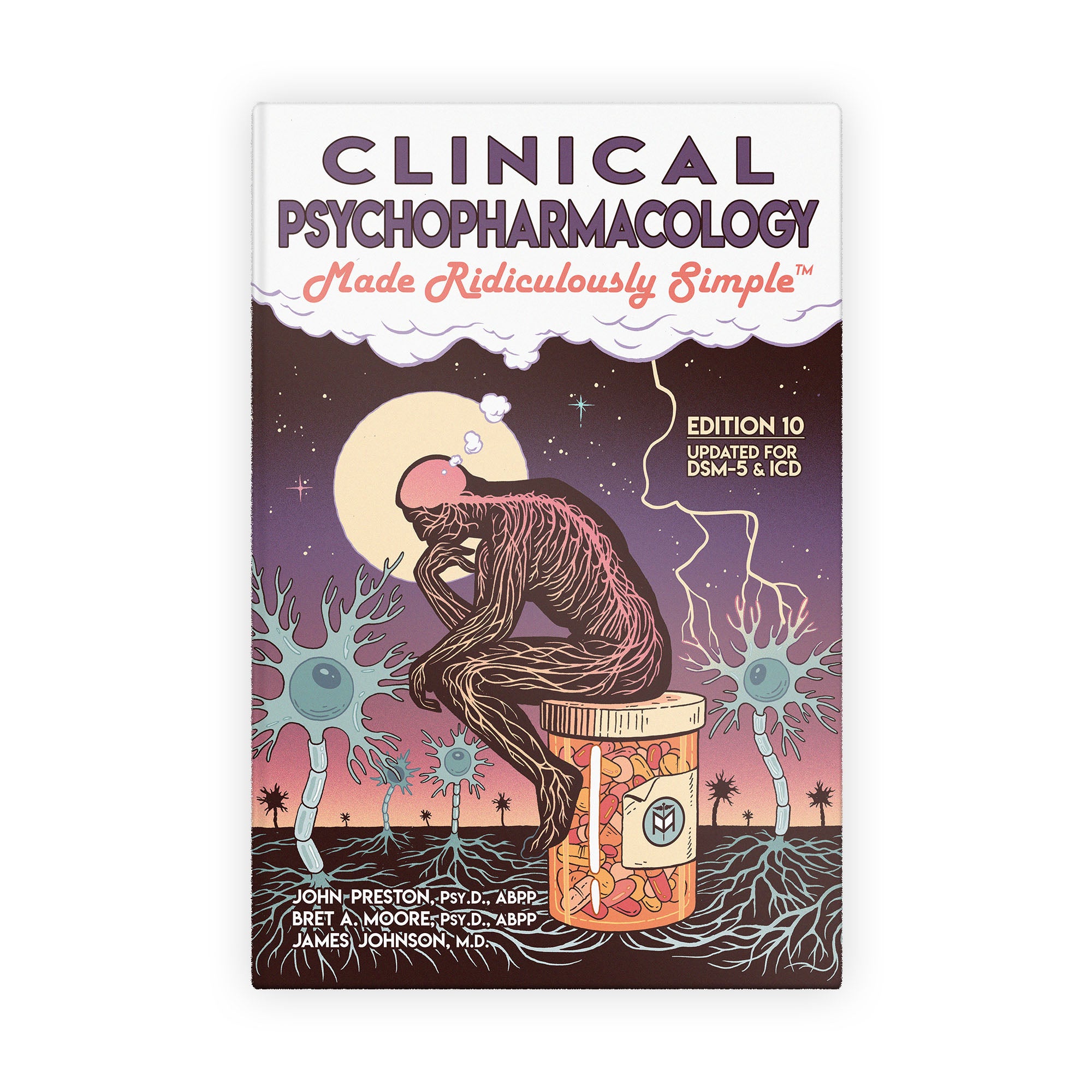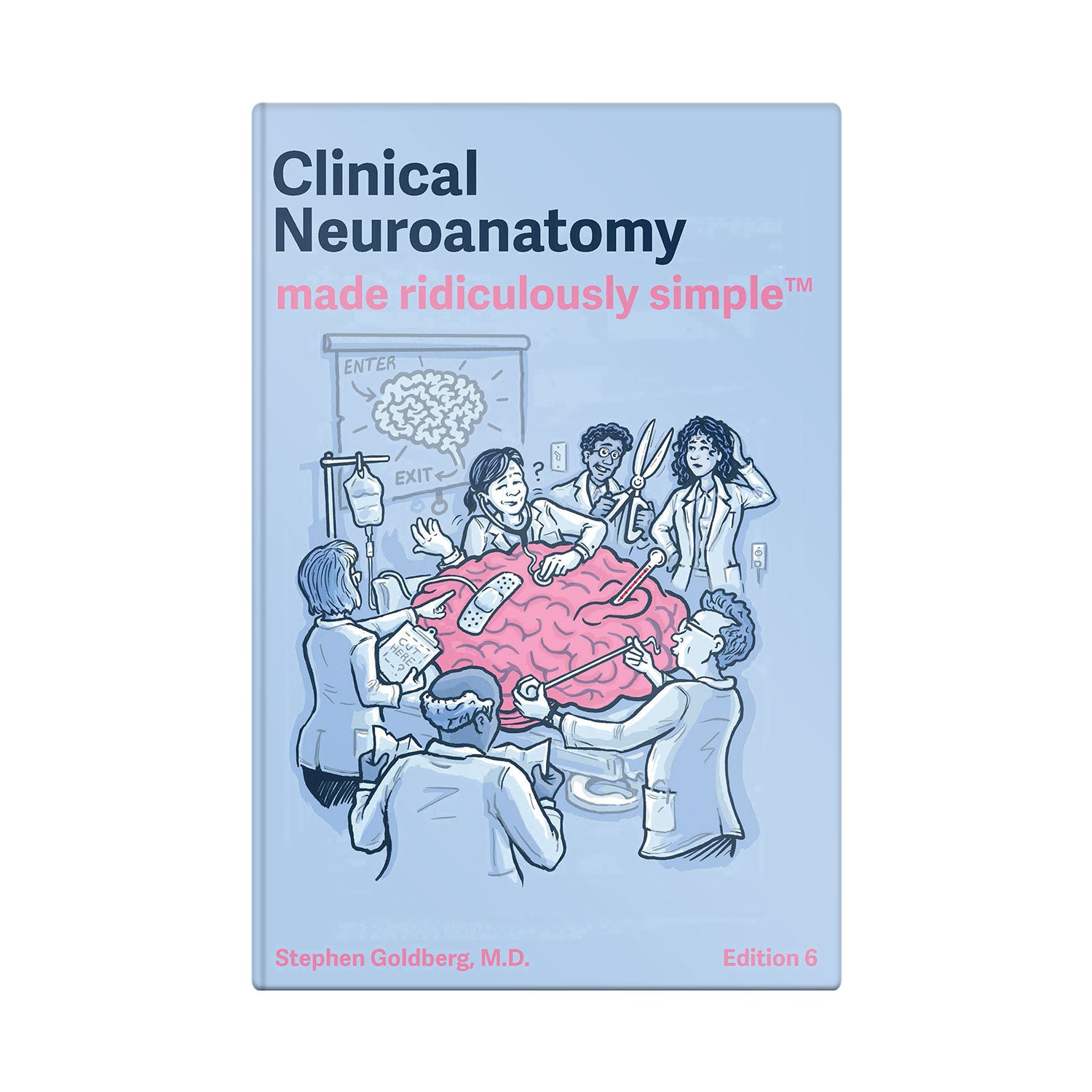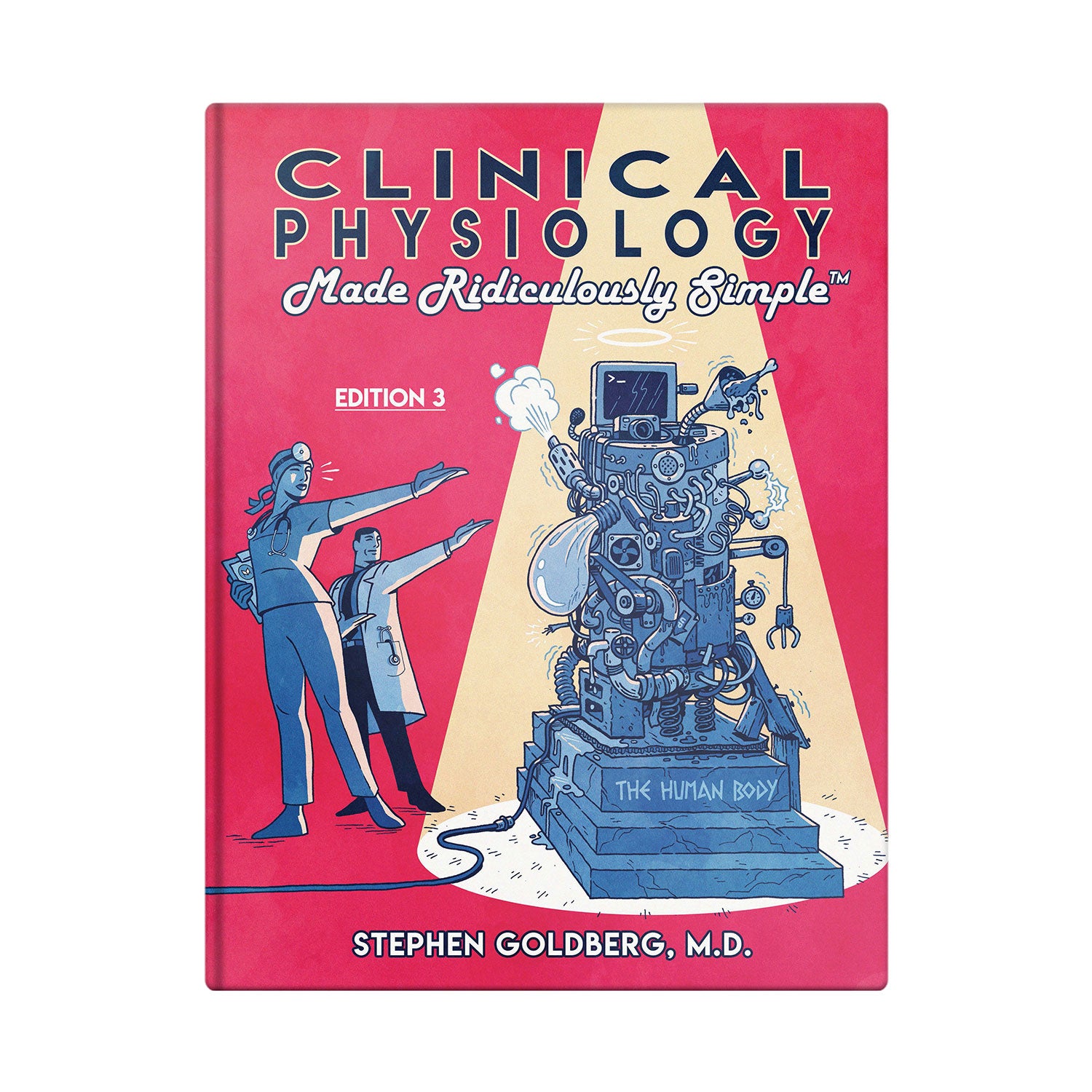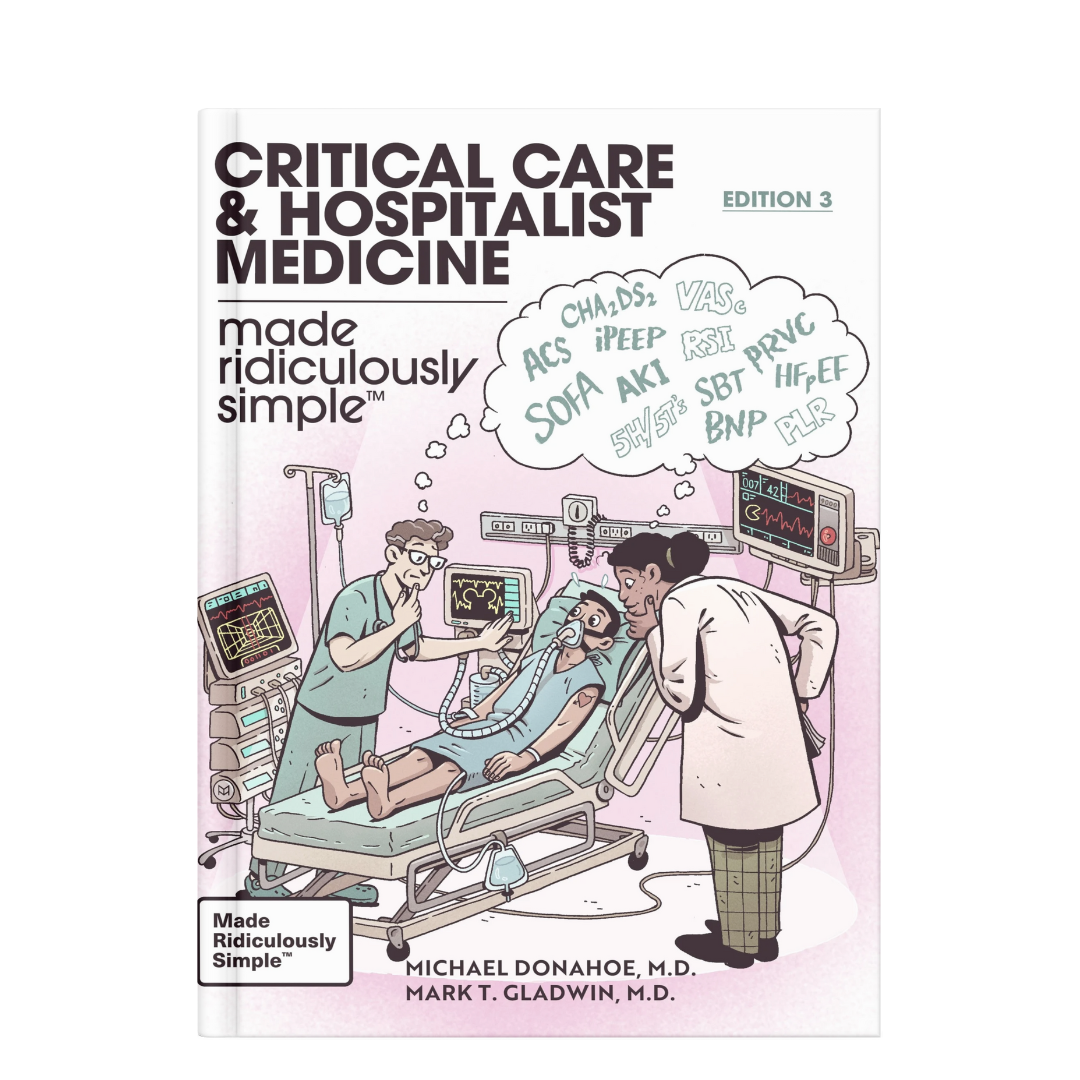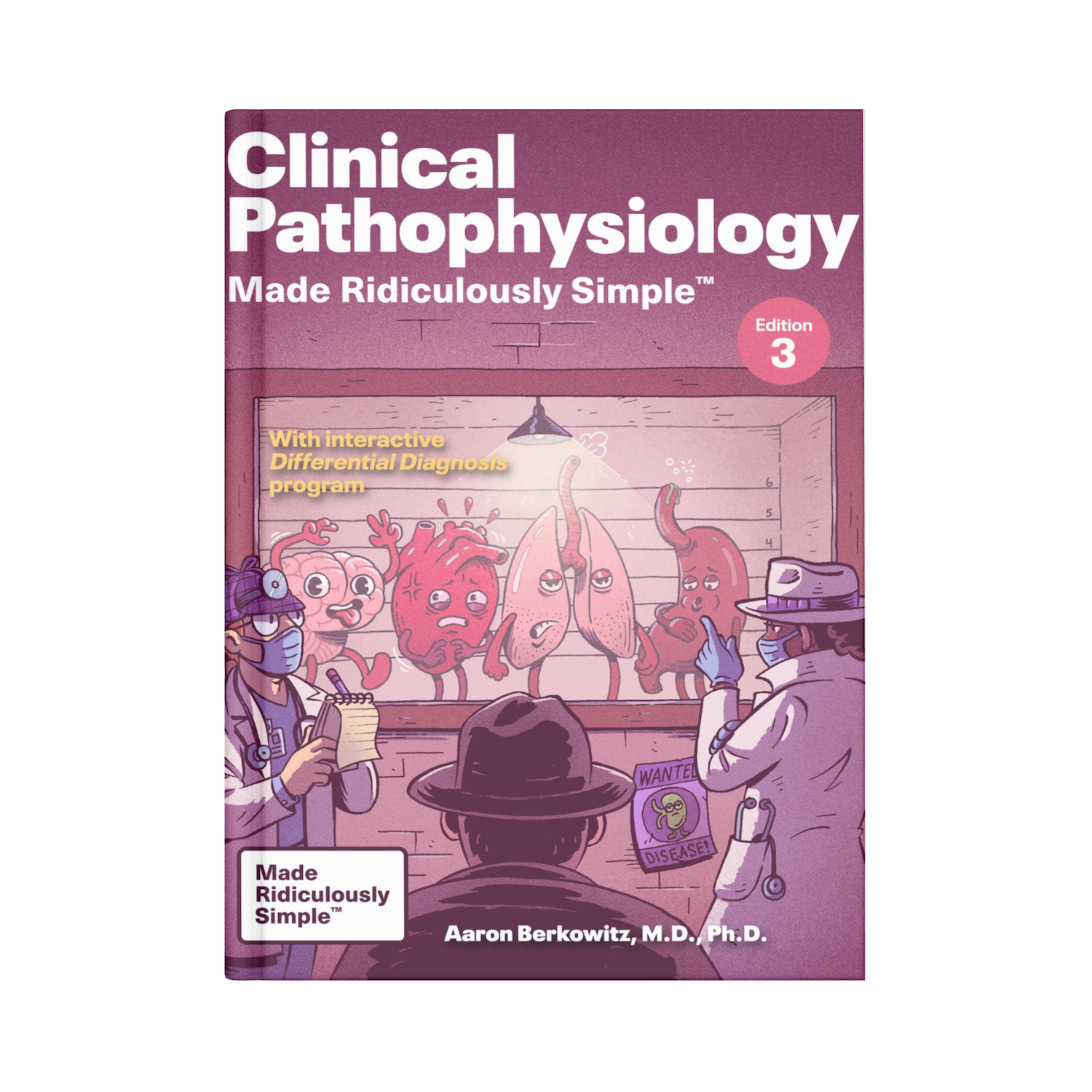
Study For The USMLE
Have you at the end acquired a broad understanding of the fields, or are you left with isolated points that never quite gelled into a coherent whole?
Medical student forums extensively discuss study for the USMLE exams. While this is important, because you need to pass the exam, there is a problem with spending a lot of time on rote memorization of numerous facts, since it steals time from understanding the subjects.
Understanding is key to practicing medicine; it enables the physician to provide better individualized patient care than relying on rote cookbook facts.
Understanding also facilitates memory and retention. For those of you who have taken large subjects such as Biochemistry or Physiology, have you at the end acquired a broad understanding of the fields, or are you left with isolated points that never quite gelled into a coherent whole?
"It's the most comprehensive book for the Medical Boards. Unfortunately, no one can carry it out of the store."
There is a better approach to medical education than rote memorization of an impossible number of facts. The medical school curriculum should instead insure that the student gains an overall picture and understanding of each subject, rather than cramming in an overbearing number of facts that will later be forgotten, even by the best physicians. These days, it is relatively easy to find isolated points on the Internet and elsewhere. It is not as necessary to remember everything; computers do a better job at that. The USMLE should also focus on understanding, but students are still required to memorize tons of information.
Over the past 32 years, Medmaster has tried to assist medical education by focusing on understanding, rather than rote memorization, through brief, clinically relevant books.
Since one has to study for the USMLE, it is important to maximize the efficiency of study, so that a great deal of material can be reviewed and retained in a short time. Andreas Carl has written Medmaster books for the USMLE Step 1, USMLE Step 2, USMLE Step 3, and NCLEX-RN exams using a unique approach. Rather than just presenting isolated and unrelated points, he has made extensive use of charts that compare one point with related ones; this saves study time. For instance, the chart below compares the most common causes of infection. Apart from having few words, the chart quickly allows the comparison of one disease with another. All his books do the same. His supplementary USMLE and NCLEX-RN Question Banks (available as free downloads from the Medmaster website), make review quicker by combining a number of questions into one, so that 4 or 5 facts can be covered in the time that it ordinarily would take to cover one.
The Goldberg Files
The Goldberg Files is based on the struggles of Dr. Goldberg as well as those of his many students which he observed while teaching medical school for 25 years. This extensive blog is dedicated to assisting students in dealing with the stresses of medical education. Want to learn more?



